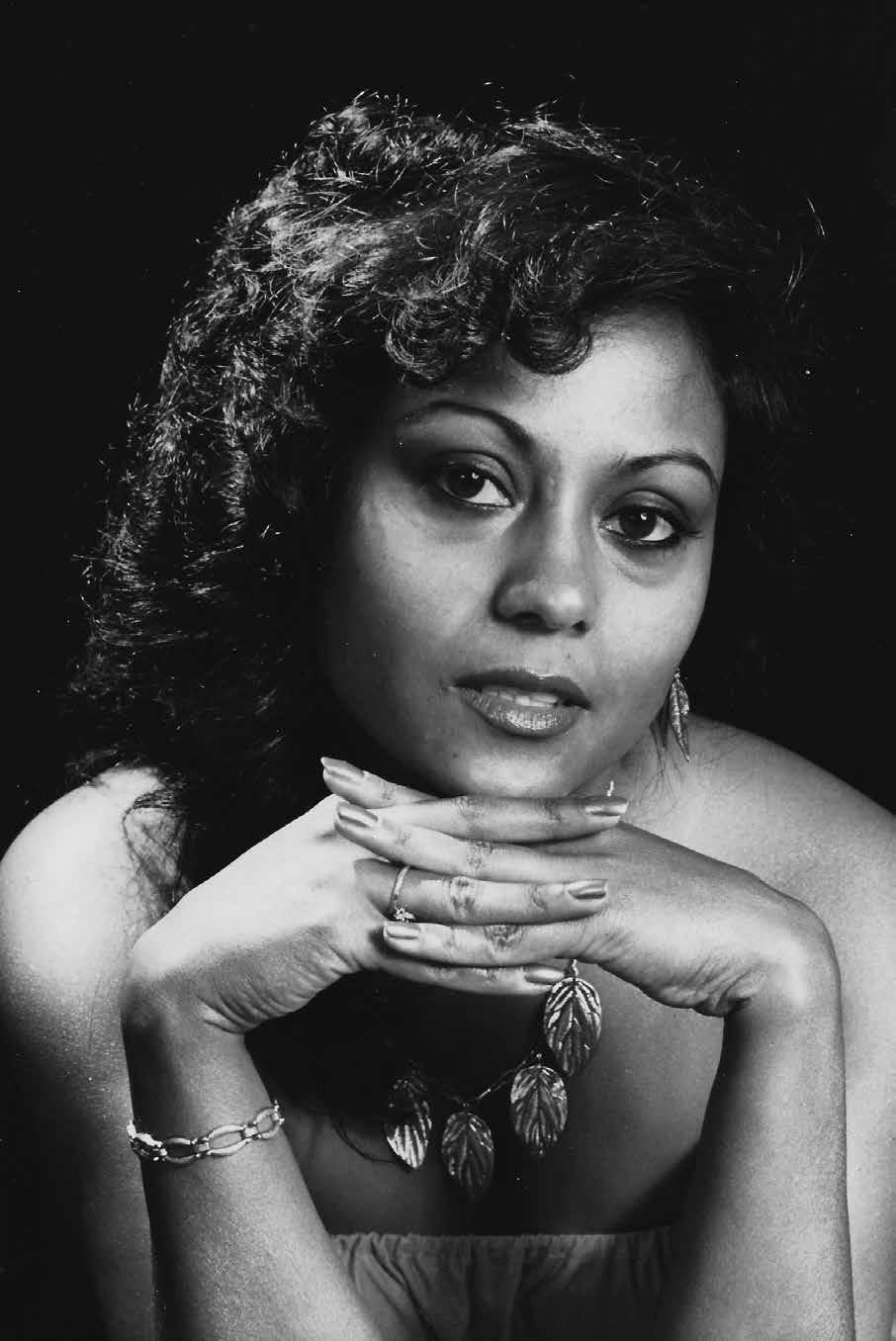3 minute read
6. Roland Collaco
from Stars Next Door
Next Article
Roland Collaco
A victim of politics BY NORMAN DA COSTA
It’s the lifelong dream of every amateur athlete to represent their country at the Olympic Games. On getting there, each one harbours the thought of standing on the podium with a shiny medal dangling around his or her neck. Roland Collaco wasn’t any different. Getting to the Olympics in Munich in 1972 would have put an exclamation point on a brilliant career for possibly Africa’s finest field hockey goalkeeper at the time. He was the only player on the Uganda squad assured of a seat on that flight to the Bavarian city, but as fate would have it, politics reared its ugly head and shattered his dreams. That year Idi Amin’s Uganda was gripped in the midst of a political turmoil and the government demanded the Olympic squad include a number of African players.
Unfortunately, Collaco, who passed away at the age of 78 in Mississauga on Sept. 5, 2013, was unceremoniously left out in the cold. “We were all so stunned when we heard Roland was dropped,’’ recalled Ajit Singh, captain of the Kampala Sikh Union, who along with the rest of his teammates often found Collaco an impenetrable force in the Kampala Goan Institute net. “He was the unluckiest man ever to miss out on the Olympics because of politics, especially since he was the main reason we qualified for Munich,’’ added Ajit.
Collaco was at his brilliant best in Lusaka in 1971, stonewalling Zambia, South Africa and favoured Egypt in the qualifiers to help Uganda grab one of the two Olympic berths assigned to Africa behind perennial champions Kenya. To say Collaco was devastated at being left out would be an understatement. “He was very, very hurt at the time,’’ said his wife Eurema, also a former Uganda international. Born in Nairobi, Roland moved to Uganda with his parents in 1951 and four years later made his international debut and went on to earn more than a hundred caps.
Goalkeepers normally wear No.1 on their jerseys and Collaco’s number was symbolic of his importance on the Kampala G.I. and the national team squads. He retained that No.1 position and also captained Uganda until migrating to Canada in 1972. What differentiated Collaco from other netminders of that era
52
was that he was bold and utterly fearless. Only other goalkeeper who springs to mind as equally courageous and, who like Collaco did not wear a facemask, was Kenya’s Jack Simonian, who also doubled as a world-class rally driver.
Collaco usually saved his best for the Easter holidays when the top clubs descended on Nairobi to contest the M.R. de Souza Gold Cup, the Blue Riband of East African hockey. After years of coming close, Collaco finally backstopped a talented and experienced Kampala Goan Institute to the coveted Gold Cup in 1957 in a stirring replay against Nairobi Sikh Union after the first encounter ended in a goalless draw. Collaco, of course, kept the Sikh offence at bay by pulling off two superb saves before goals by Rennie Rodrigues and Polly Pereira carted the trophy across the border to Uganda for the very first time. Collaco also led Toronto Lions to the inaugural GOA Gold Cup in Toronto in 1974.
Al Mathias, a KGI and national team teammate of Collaco’s for several years, termed his play as “brilliant and terrific” and so did Nicky De Mello, who tried to lure Collaco to his newly-formed Horizons Sports Club. “Roland was really excellent and so daring,’’ said De Mello. “He was never afraid and would dive every which way to stop the ball. He was a much-sought-after player.” These same sentiments were also echoed by Ajit Singh and Mathias and several other players. Collaco, of course, was also a first-class soccer goalkeeper and it was his stint with Salgaocar, one of Goa’s leading teams that helped him hone his diving skills in hockey.
Fans and opposing teams may have resented him, but they had nothing but the
53
highest respect for him as was evidenced by the more than 350 who attended his funeral. Collaco who leaves behind his wife Eurema, was father of Conrad and Paula, father-in-law of Sylvan and Alison, grandfather to Mathew, Sara, Jacob and Grace and brother of Thelma Sidoli (Renato) and Remy.
Former sports editor of the Daily Nation, Norman da Costa not only reported on Roland, but also played against him on several occasion for the Railway Goan Institute in Gold Cup matches.
54











